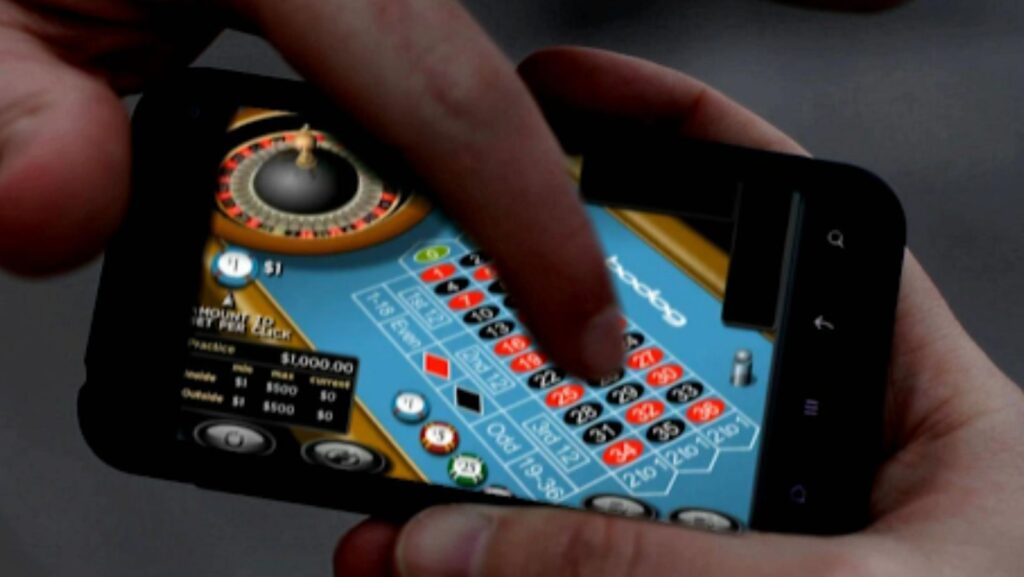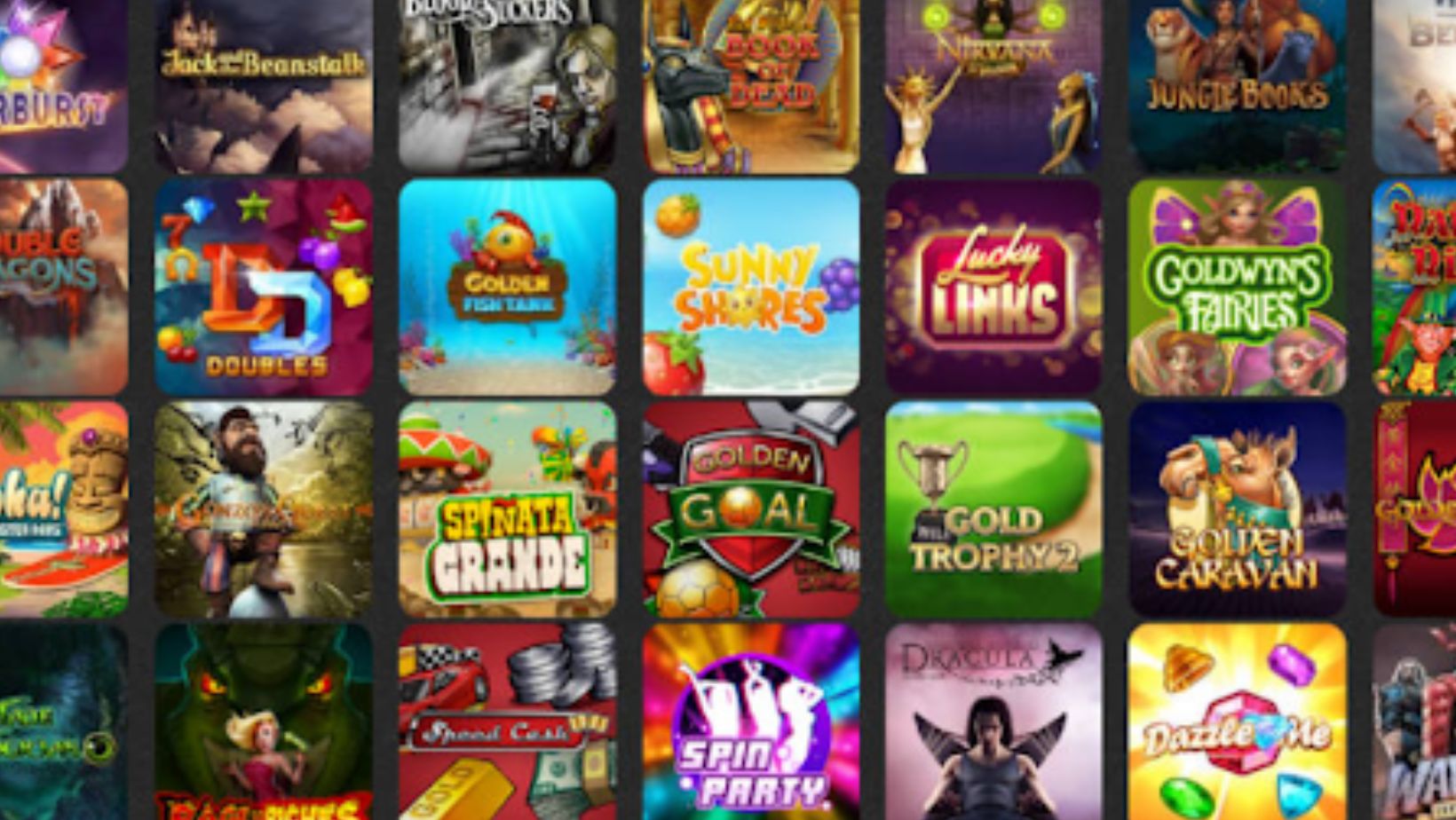Mobile games stopped being just a quick distraction “for five minutes on the subway” a long time ago. Today it’s a massive industry worth over 90 billion dollars a year, where monetization often matters more than gameplay. One of the main tools to keep players hooked has become gambling-style mechanics built directly into the game.
Loot boxes, spin wheels, daily login rewards — all of these elements technically don’t count as gambling because the player gets virtual items, not real money. But psychologically they work almost the same way as slot machines. You pay (or spend in-game currency), hit the button, and wait to see if you’ll land a rare item.
Examples are everywhere: in FIFA Ultimate Team players collect football cards through packs, in Genshin Impact new heroes can be pulled through the gacha system, and in casual games like Coin Master the outcome of a spin determines whether you get extra resources.
In reality, the smartphone has become a mini-casino — just without direct cashout.
Why Randomness Keeps Us Playing
This comes down to two factors: probability algorithms and the dopamine reward loop.
Developers of mobile games use systems that mimic slot machines. For example, when opening a loot box the chance of getting a rare item might be only 0.5%. But every new attempt triggers the same cycle:
- the suspense of waiting,
- the instant reveal,
- the emotional spike.
Psychologists call this a variable ratio reinforcement schedule — the same concept casinos rely on when players don’t know which spin will pay out.
On the technical side it’s all built on pseudorandom number generators (PRNGs). They’re coded into the game and control the probability of different rewards. Online casino slots use a similar setup, except those random number generators are certified by regulators to prove fairness. In mobile games there’s no such oversight — odds can be tuned in ways that make players spend more.
That explains why both kids and adults get hooked on gacha mechanics. It’s not just about “the gamble” but also social pull: rare items or skins become status symbols, so the urge to keep opening chests only grows stronger.
From Loot Boxes to Real Money Bets
For a lot of players the next step feels natural. If you can spin a wheel of fortune in a mobile game for virtual rewards, why not try a slot where real money is on the line?
Online casinos copy the patterns gamers already know:
- instead of a loot box — a slot with bonus symbols,
- instead of in-game currency — real deposits,
- instead of “energy” or “keys” to open chests — bonus systems and free spins.
Live casinos take it further. When you join a live stream of roulette or blackjack it feels like Twitch, except here you can jump in and play along, not just watch.
For tech-savvy users, the move from free-to-play mechanics to online wagering feels seamless. Interfaces look alike: the spin button, flashy visuals, bonus progress bars. And just like you can make in-app purchases in games with Apple Pay or Google Pay, in casinos you can top up with credit cards, crypto, or e-wallets.
That’s why online casinos no longer feel like a separate “grey zone” but a continuation of digital culture where entertainment and risk merge into one experience.
What Sets Non GamStop Casinos Apart
There’s a system called GamStop — a national self-exclusion program that blocks access to UKGC-licensed casinos for anyone who chooses to restrict their play. But alongside it, a whole segment of non GamStop casinos has grown — sites not tied to GamStop, operating under international licenses like Curaçao or Anjouan.
What players get from these sites:
- Bigger bonuses. While UKGC casinos often cap welcome offers at £100 plus free spins, non GamStop sites regularly feature deposit matches up to 500% and cashback deals.
- Flexible limits. Players can set their own stakes and deposit caps, while licensed UK casinos usually impose strict restrictions.
- Alternative payments. Beyond cards, crypto options like Bitcoin, Ethereum, and USDT are common, with faster transactions and lower fees.
- Game variety. These casinos often work with dozens of global providers, offering thousands of slots and live games, including exclusives.
Technically, the difference also shows up in the design. Many casinos optimize their platforms for mobile just like free-to-play games. That means instant loading, smooth animations, and support for PWA (progressive web apps) — letting you “install” the site to your phone’s home screen like a native app.
For players used to freedom of choice in mobile gaming, a non GamStop casino feels like a natural fit.
Where Games and Gambling Blend into One World
If you zoom out, mobile games and online casinos are just two sides of the same trend: gamifying entertainment through randomness.
In free-to-play games we see gambling without money but with virtual prizes. In casinos, it’s gambling with real wagers and a shot at winnings. In both, the interface, the suspense, and the rush from the reveal are designed the same way.
For readers who follow tech and gaming trends, the takeaway is clear: these aren’t two separate worlds but one cultural phenomenon. Gambling mechanics are now woven into our smartphones just as naturally as social networks or streaming apps.
Casinos were once a standalone industry. Today they’ve become part of the digital ecosystem. Whether you play or not is a personal decision, but denying that online betting has become a natural extension of mobile gaming is no longer possible.
Final Thoughts
We live in an era where every game on your phone is a little probability experiment. Today it’s a loot box, tomorrow a slot spin. Non GamStop casinos simply build on this habit, offering an expanded toolkit for anyone looking for more freedom and real stakes.
The only real question is: where do you draw the line? Do you stop at virtual bonuses, or do you take the next step and test your luck where real money is at stake?



More Stories
Why Are Sweepstakes Casinos Gaining Popularity Among New Gamblers?
Can Gambling Pay Off? Realistic Ways to Make Money Playing Smart
How Sports Games Have Evolved Across Console Generations